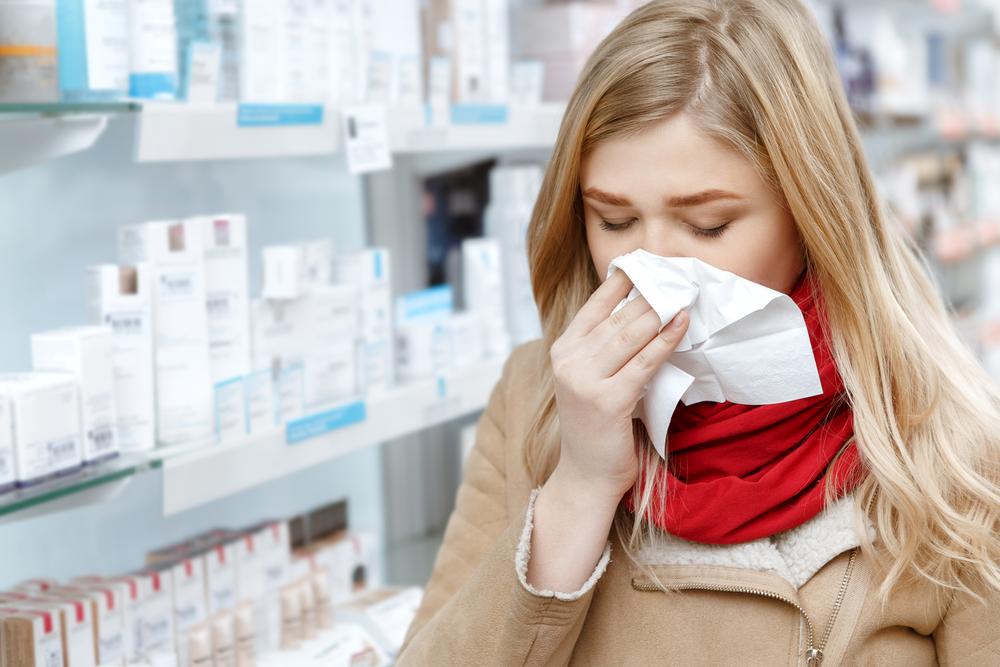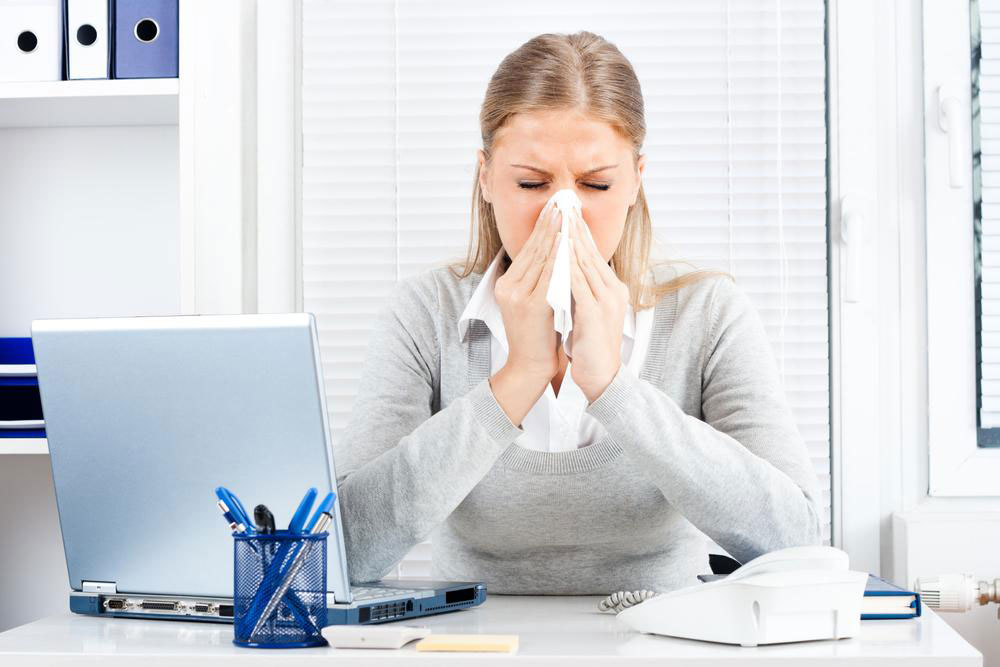Top Strategies and Medications for Allergy Relief
Discover effective strategies and medications for allergy relief, including antihistamines, decongestants, and child-friendly options. Learn how to manage symptoms during high pollen seasons and reduce exposure through simple lifestyle adjustments. Find tips on using OTC products safely and effectively, along with advice for persistent symptoms—empowering you to control allergy issues efficiently.

Effective Approaches to Alleviate Allergies
Allergy Management Insights
In many U.S. regions, spring starts as early as February, continuing into summer. Tree pollen is the first to appear, with grasses blooming later in the season, and ragweed marking early fall. Tropical areas may experience year-round pollen. Identifying triggers like trees, grasses, ragweed, dust, or mold from decaying organic matter is crucial for managing seasonal allergies.
Tips to Reduce Allergy Symptoms
Check daily pollen and mold levels via weather reports to stay updated during high pollen periods.
Keep windows and doors closed at home and in the car to minimize exposure.
Identify which pollen types cause your allergies and monitor their levels, especially at night for tree and grass pollen, and mornings for ragweed.
Practice good hygiene: wash your hands, face, and hair after outdoor activities.
Change your clothes immediately after outdoor exposure to prevent spreading allergens indoors.
Use masks during outdoor chores like gardening or mowing, and take allergy medications as advised.
How Antihistamines Provide Relief
Allergen exposure triggers your immune response, releasing chemicals like histamine.
Histamine causes symptoms such as redness, swelling, and itching by binding to specific receptors.
Antihistamines block histamine from attaching to these receptors, alleviating allergy symptoms.
Decongestants for Nasal and Eye Relief
Swelling of nasal passages and eye vessels during allergies causes congestion and redness.
Decongestants constrict blood vessels to reduce swelling and provide relief from nasal blockage, runny nose, and red eyes.
Note potential side effects like increased blood pressure, sleep disturbances, and urinary issues. They are not suitable for everyone, especially those with hypertension or glaucoma.
Over-the-Counter Decongestant Options
Available as nasal sprays, oral tablets, eye drops, and liquids to treat nasal congestion.
Limit nasal sprays and eye drops to short-term use to avoid rebound congestion.
Longer-term options include pills such as pseudoephedrine and decongestant liquids.
Common nasal sprays include phenylephrine and oxymetazoline; eye drops like Visine also help reduce congestion.
Child-Friendly OTC Allergy Medications
Gentle allergy medications are recommended for children, as their responses differ from adults.
Kids’ Zyrtec syrup, suitable for children over 2, effectively manages symptoms like sneezing, runny nose, and watery eyes.
Free from artificial colors and sugar, ensuring safety for young children.
Only one dose per day is usually needed.
The Allergycast App can help monitor pollen levels and track your child's allergy symptoms.
If symptoms persist despite OTC treatments, consult your healthcare provider promptly.


